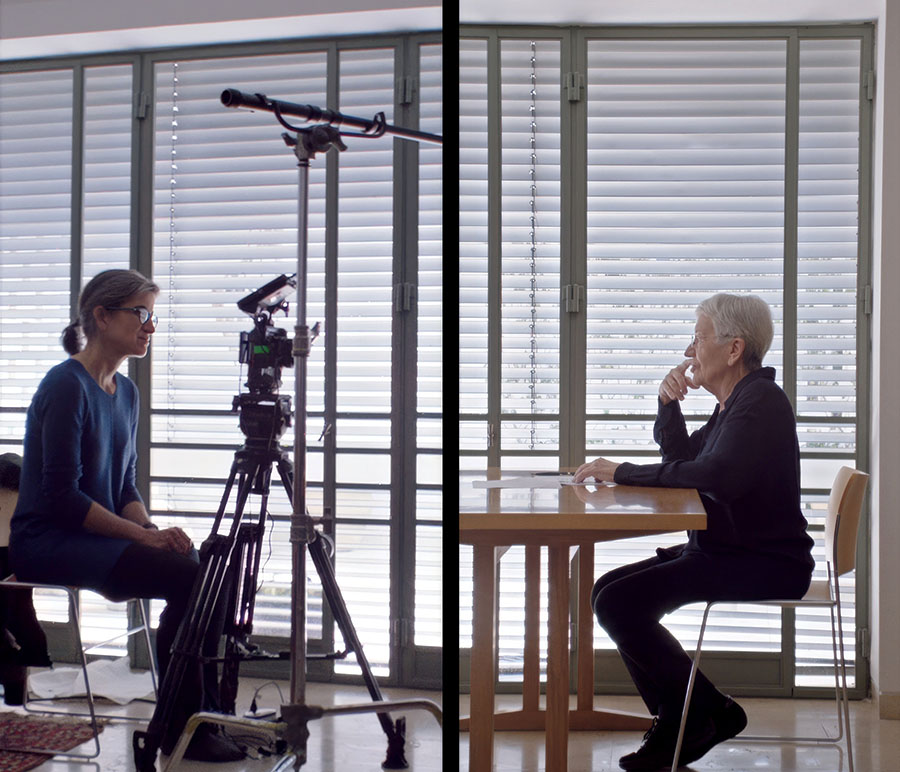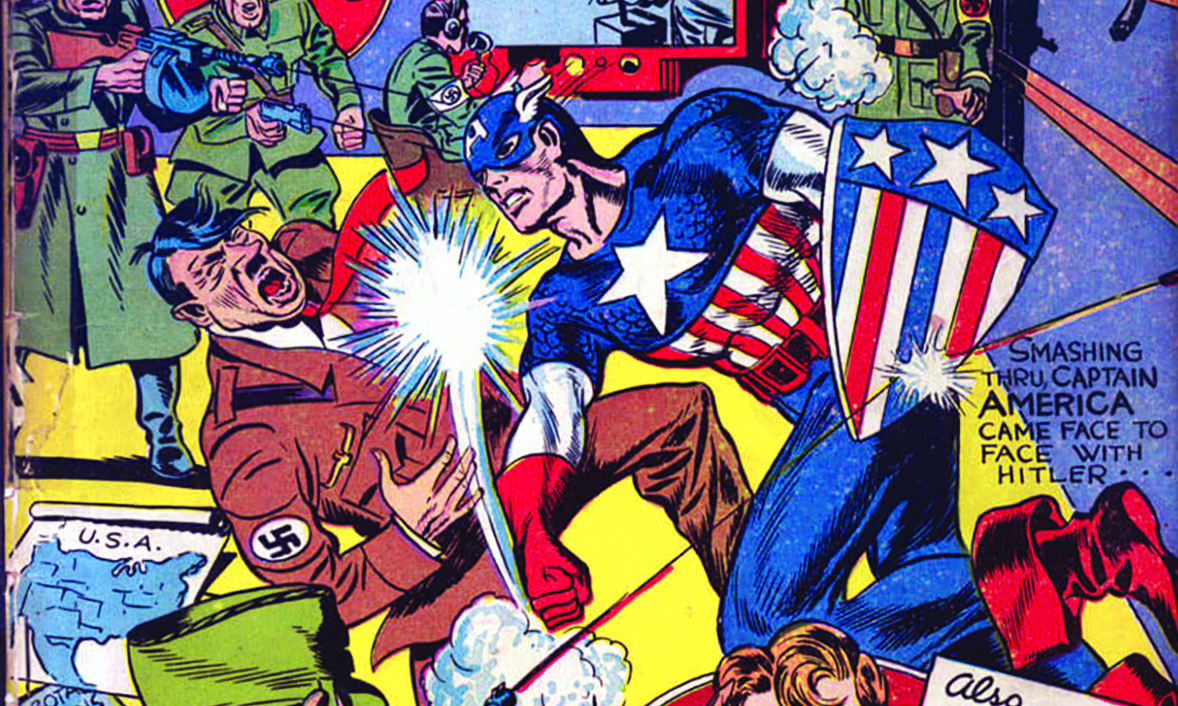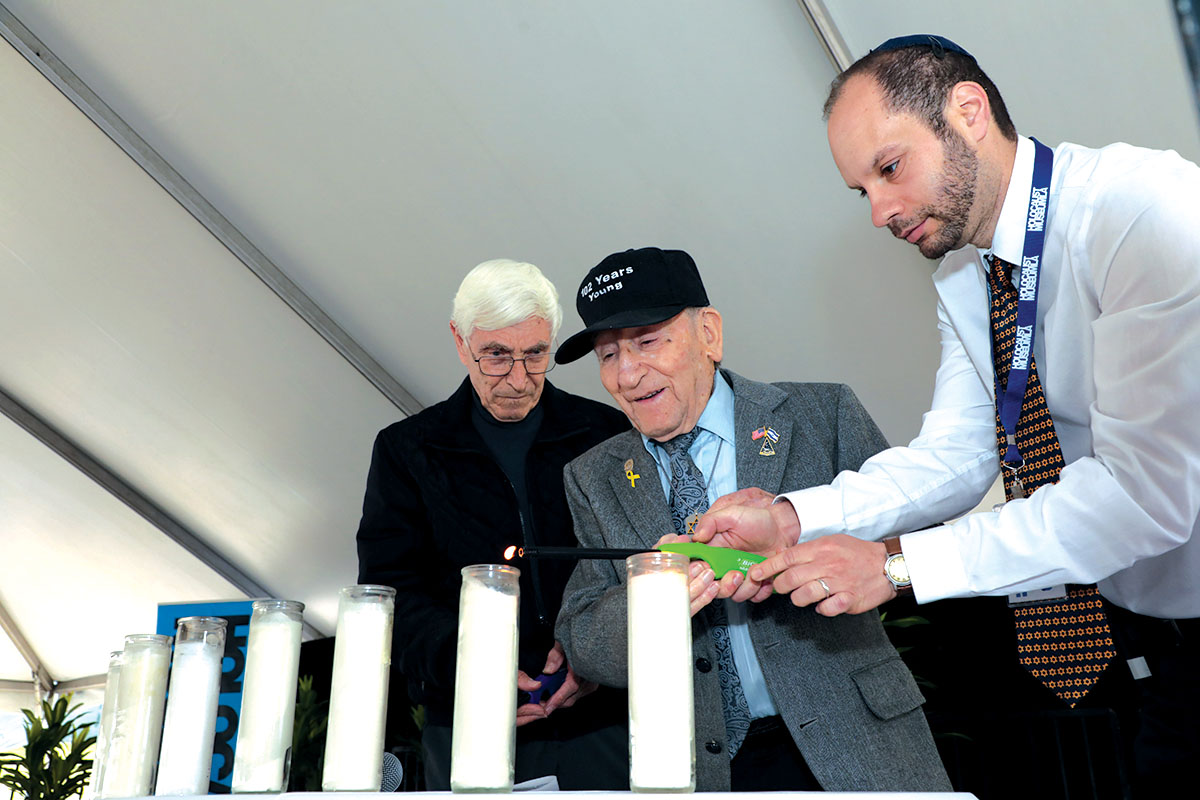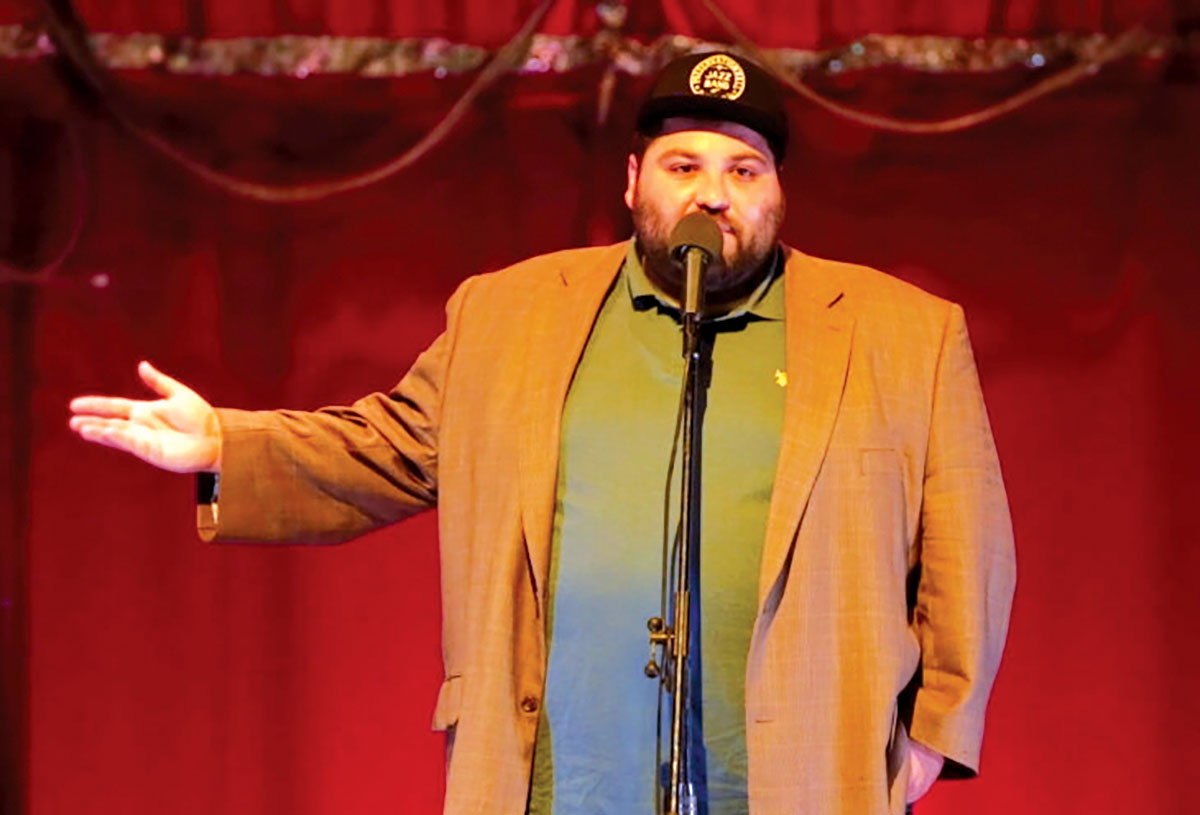
Leslie Schwartz is a Los Angeles-based novelist (“Angels Crest,” produced as a motion picture in 2011, and “Jumping the Green”) and a revered teacher of writing. But her latest book, “The Lost Chapters: Finding Recovery & Renewal One Book At a Time” (Blue Rider Press/Penguin Random House), is a memoir, harrowing but ultimately redemptive, that begins with her arrest for drunk driving in 2014 and ends with a victory over alcoholism achieved through the healing power of words on the printed page.
“I’d committed my offenses while in a 414-day relapse from double-digit years of sobriety,” she explains. “I had fallen so profoundly into the mental illness that accompanies alcoholism that I was no longer able to work. … My family eventually moved away. My friends, no longer able to help me, left. Even the dog was scared of me.”
Schwartz would only serve 37 days of her 90-day jail sentence, but each day was a step toward self-liberation. “Living through this experience exposed me to new levels of human cruelty,” she writes of what she saw behind bars. But she also was afforded the privilege of receiving three books a week from friends and family. Those books saved her life, and changed it. “As much as anything else, I credit stories for that; for making me feel whole in a place where the carcasses of addiction were so evident, and the temptation to otherwise return to the old life of an addict was suspended each day, one word at a time.”
The subtext of Schwartz’s intimate and affecting memoir — and I use the word “subtext” literally — is a reading list of 22 books that were her companions while in jail, ranging from “The Big Book of Alcoholics Anonymous” to “One Hundred Years of Solitude” by Gabriel García Márquez, from Maya Angelou’s “I Know Why the Caged Bird Sings” to “The Woman Warrior” by Maxine Hong Kingston. So, in a sense, the story that Schwartz tells so powerfully in her memoir is only the first step in the immersive reading experience that she invites us to explore for ourselves. Indeed, I can readily envision a variant on the classic recovery program that includes not only the famous 12 steps but also Schwartz’s 22 recommended reads.
Schwartz demonstrates her gift as a storyteller as she shows us what it looks and feels like to be behind bars. A rabbi who counseled her before she surrendered to the Century Regional Detention Facility in Lynwood told her, “They can take your clothing, but they can’t take your dignity.” Schwartz confides to her readers, “He was wrong.” She may have recovered from alcoholism while in jail, but she now carries a new affliction that began with the beam of a flashlight aimed at her genitals: “Even in the years to come, I cannot release the memory of such indignity, the exposure of my most private body, under threat of gun and billy club, to people who collect a paycheck for probing me there.”
But Schwartz’s memoir can also be sublime and even exalting. On her first night in a jail, a fellow inmate named Melissa asks if she can get under the covers with Schwartz — not for sex but for the comfort of human touch at a moment of fear and loneliness. They never see each other again. “Yet, for that brief moment when Melissa was asleep beside me, I understood what ‘holy’ meant,” Schwartz writes. “I didn’t really comprehend, until a long time later and far removed from that place, that the God who I believe had abandoned me was still there and was not only answering my prayers but saying them for me, too.”
Although Schwartz is frank about the dangers and afflictions of imprisonment … “The Lost Chapters” may be the most upbeat prison memoir ever written.
Not every fellow inmate was so angelic. Schwartz was assigned to a cell with “a butch lesbian who played Hitler in a [jail] play about Fascism, an ironic note since it would appear I was the only Jew in jail.” She was not happy to be bunking with Hitler, as Schwartz calls her cellmate, and yet Schwartz still offers to carry a message to Hitler’s girlfriend in another part of the jail. Hitler is thankful, and Schwartz finds herself touched by Hitler’s gratitude.
“[M]y heart opened to Hitler and her place in the world,” Schwartz recalls, and she finds validation in a passage from one of the books on her jail reading list, “When Things Fall Apart” by Pema Chödrön: “The only reason that we don’t open our hearts and minds to other people is that they trigger confusion in us that we don’t feel brave enough or sane enough to deal with.”
The momentous event in “The Lost Chapters,” of course, was the day she discovered the prison “library.” She puts the word between quotation marks because the library consists almost exclusively of a two-tiered metal cart of “Bibles, study guides for Bibles, Bible excerpts, Bible journals, Bibles in español, and AA books.” But a fellow inmate hands her a book called “Ester and Ruzya,” a story about two Jewish grandmothers who survive both Hitler and Stalin. “You might like this,” the young African-American woman says. Again, it is a revelatory experience for Schwartz, an example of “the wizardry of books.”
“The spooky thing about jail, I will find, are these small incidents that arise, as if out of smoke,” she recalls. “Like a magic trick. She must have figured I was Jewish. I don’t know how, though I suppose most people’s Jewdar goes up when they look at me. Regardless, I chose to view her gift as the olive branch it was for the words she couldn’t say to me.”
Although Schwartz is frank about the dangers and afflictions of imprisonment, ranging from the putrid smell of the cells to the prevalence of staph infection to the brutal treatment at the hands of the guards, “The Lost Chapters” may be the most upbeat prison memoir ever written. “I saw a pattern in jail, of being utterly and completely cared for,” Schwartz writes. “It happened over and over again — the people I encountered showing me only love, kindness, and respect — as long as they were inmates.” Even Amazon, the Evil Empire in the eyes of many authors and publishers, is a benign presence in Schwartz’s eyes because an Amazon package in the mail represented a new book to read.
Jonathan Kirsch, attorney and author, is the book editor of the Jewish Journal.
























 More news and opinions than at a Shabbat dinner, right in your inbox.
More news and opinions than at a Shabbat dinner, right in your inbox.